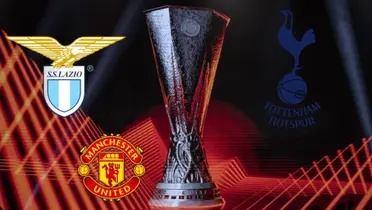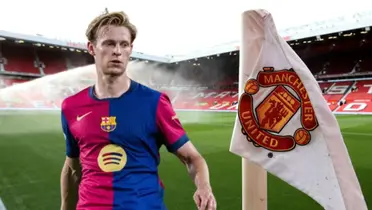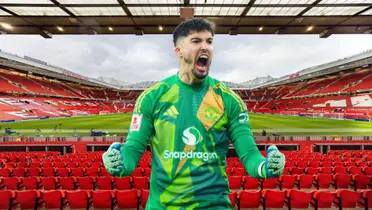He was tipped to be the next Cristiano Ronaldo at Manchester but retired at just 31
Hailed as the next Cristiano Ronaldo, his Manchester career was cut short at 31
By Axel Reyes
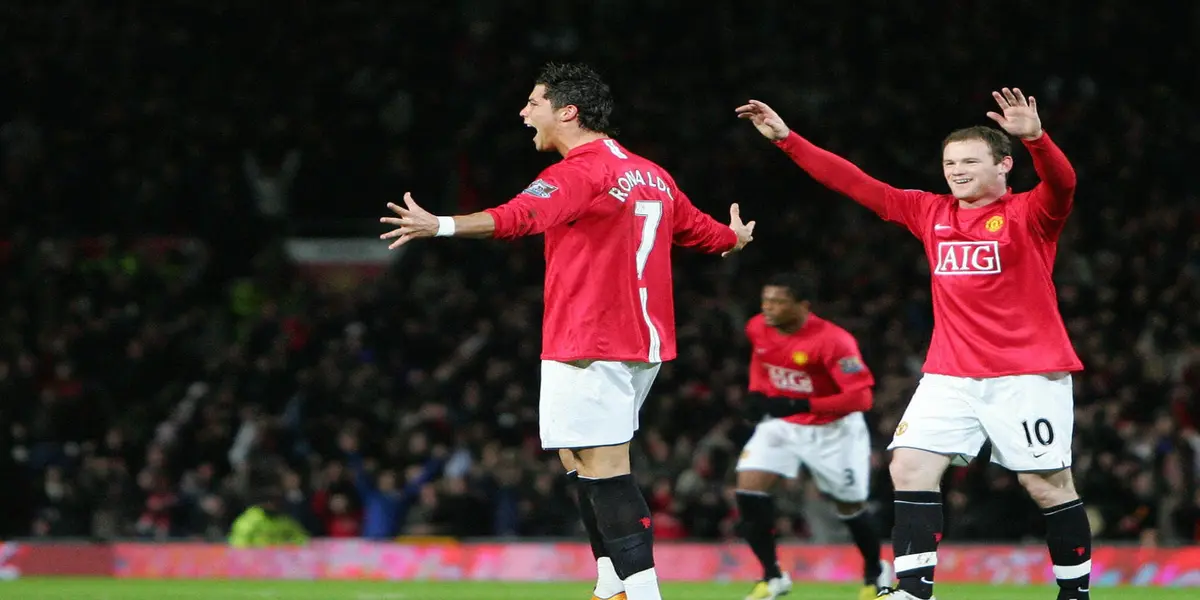
Anderson Luís de Abreu Oliveira burst onto the scene as a prodigious talent, winning the Golden Boy award in 2008 and lifting the Champions League with Manchester United. However, his career took a downward spiral, with many attributing his decline to an unhealthy lifestyle.
A Bright Start
Born in Porto Alegre, Brazil, in 1988, Anderson quickly established himself as one of the hottest young talents in South American football. After impressive spells with Gremio and Porto, he joined Manchester United in 2007, where he won numerous trophies and formed part of a formidable midfield alongside Paul Scholes and Michael Carrick.
The Burger Problem
Despite his obvious talent, Anderson's career never quite reached the heights that many expected. Former Manchester United goalkeeper Ben Foster has been particularly vocal about the Brazilian's lifestyle, suggesting that his love of fast food was a major factor in his decline.
"Anderson could have been the best player in the world, I swear. Everyone could say that," Foster said in an interview. "He just didn't care. He didn't care about anything, honestly. He didn't care about anything."
A Career in Decline
After a promising start at Old Trafford, Anderson's form began to wane. He struggled with injuries and his weight, and his performances became increasingly inconsistent. Loans to Fiorentina and Internacional followed, before he eventually retired from football in 2019 at the age of 31.
A Cautionary Tale
Anderson's story is a cautionary tale about the importance of professionalism in football. While natural talent is essential, it is not enough to succeed at the highest level. Players must also be dedicated to their training, nutrition, and recovery.
Anderson's career highlights the dangers of complacency and the importance of maintaining a healthy lifestyle. Despite his undeniable talent, he failed to reach his full potential due to his own lack of discipline.
More news

The Numbers Don't Lie: Casemiro's Dominance Returns
31/03/2025
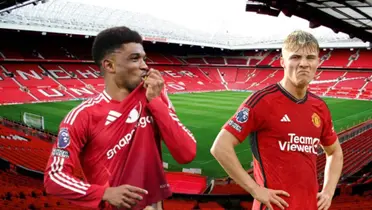
United's Dream Pairing: The Duo Fans Are Eager to See
31/03/2025

Hojlund's Fate: Will He Stay or Leave Man United?
31/03/2025
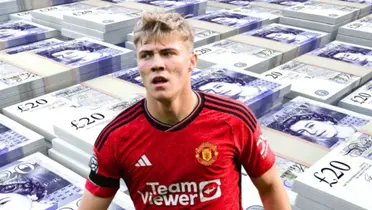
Højlund's Plummeting Value: A Cause for Concern at Man United
31/03/2025
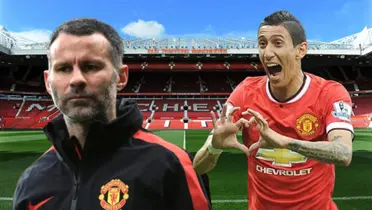
Giggs' Misjudgement: Depay's Free-Kick Hopes Fall Flat
31/03/2025

Man United's Summer Clearout: Players on the Chopping Block
31/03/2025

Financial Divide: Man United's Value Dwarfs Olympique Lyon's Squad Cost
30/03/2025

Onana Exit Rumors Swirl: How the Goalkeeper Is Responding
30/03/2025
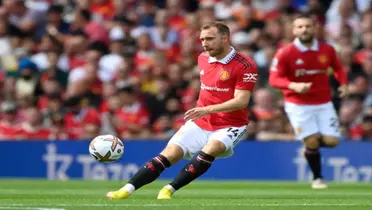
Eriksen breaks the silence about the rumors of not renewing
30/03/2025

World-Class Player Available: Romano Reveals Transfer Bombshell
30/03/2025

Ugarte's Premier League Insight: Key Differences From Ligue 1 Revealed
30/03/2025

Garnacho Outshines Salah and Haaland: A Stunning Statistical Triumph
29/03/2025

Ekitike's Staggering Stats: Why Man United Are Keen
29/03/2025
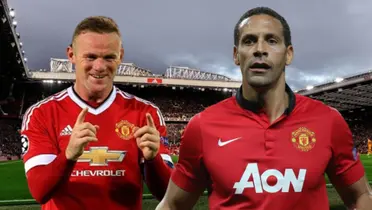
Beyond Legends: The United Player Who Rewrote Investment History
29/03/2025
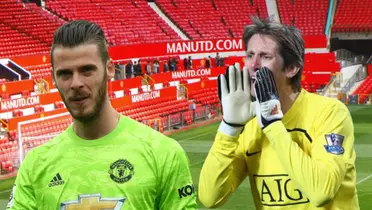
Manchester's Goalkeeping Giants: Who Reigns Supreme?
29/03/2025

Fernandes' Fortune: Unveiling the Price Tag of United's Captain
29/03/2025
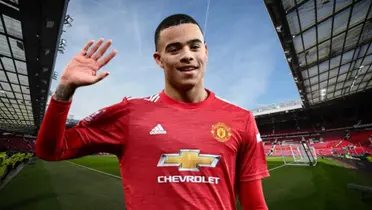
The Manchester United jewel that was rumoured for Barcelona ended up in an exotic league
29/03/2025

Father's Faith Pays Off: 100 Pound Bet on Son's United Debut
29/03/2025
